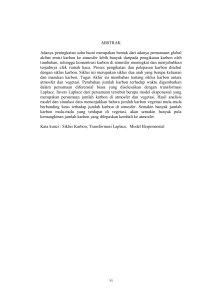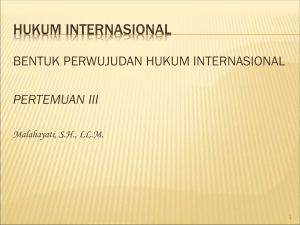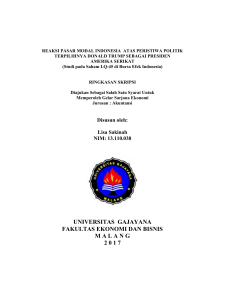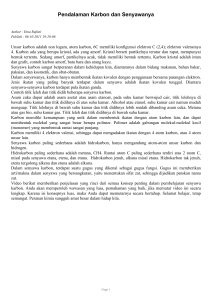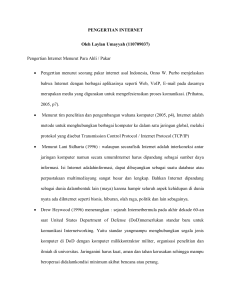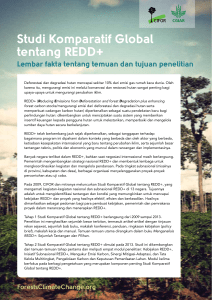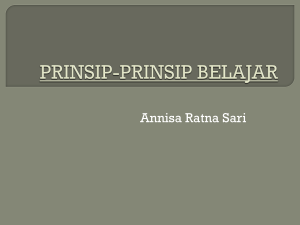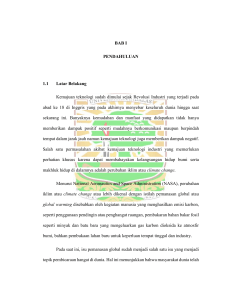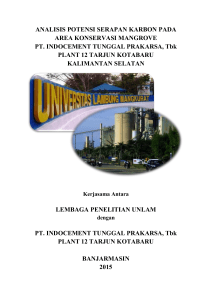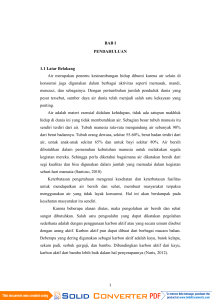Document
advertisement
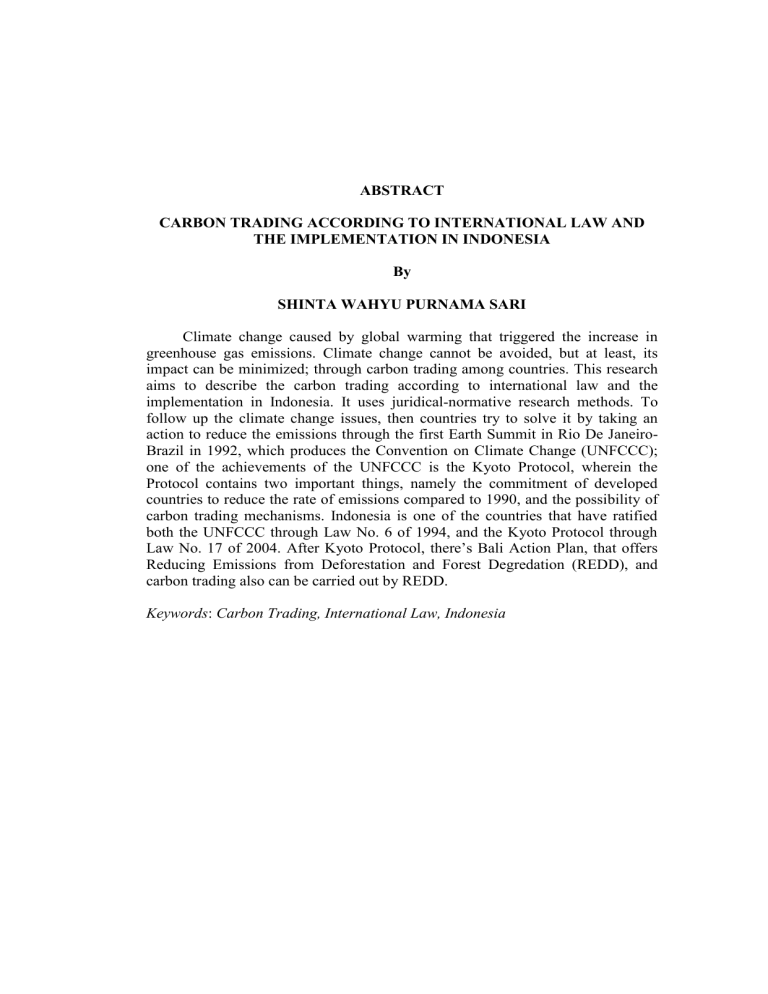
ABSTRACT CARBON TRADING ACCORDING TO INTERNATIONAL LAW AND THE IMPLEMENTATION IN INDONESIA By SHINTA WAHYU PURNAMA SARI Climate change caused by global warming that triggered the increase in greenhouse gas emissions. Climate change cannot be avoided, but at least, its impact can be minimized; through carbon trading among countries. This research aims to describe the carbon trading according to international law and the implementation in Indonesia. It uses juridical-normative research methods. To follow up the climate change issues, then countries try to solve it by taking an action to reduce the emissions through the first Earth Summit in Rio De JaneiroBrazil in 1992, which produces the Convention on Climate Change (UNFCCC); one of the achievements of the UNFCCC is the Kyoto Protocol, wherein the Protocol contains two important things, namely the commitment of developed countries to reduce the rate of emissions compared to 1990, and the possibility of carbon trading mechanisms. Indonesia is one of the countries that have ratified both the UNFCCC through Law No. 6 of 1994, and the Kyoto Protocol through Law No. 17 of 2004. After Kyoto Protocol, there’s Bali Action Plan, that offers Reducing Emissions from Deforestation and Forest Degredation (REDD), and carbon trading also can be carried out by REDD. Keywords: Carbon Trading, International Law, Indonesia ABSTRAK PERDAGANGAN KARBON MENURUT HUKUM INTERNASIONAL DAN IMPLEMENTASINYA DI INDONESIA Oleh SHINTA WAHYU PURNAMA SARI Perubahan iklim merupakan akibat pemanasan global yang dipicu dari peningkatan emisi Gas Rumah Kaca. Perubahan iklim tidak dapat dihindari, tetapi setidaknya bisa diminimalisir dampaknya; salah satunya dengan upaya kerjasama negara-negara melalui perdagangan karbon. Penelitian ini bertujuan untuk memaparkan mengenai perdagangan karbon menurut hukum internasional dan implementasinya di Indonesia. Menggunakan metode penilitian yuridis-normatif. Upaya masyarakat internasional melalui KTT Bumi I di Rio De Janeiro-Brazil pada 1992, menghasilkan diantaranya yaitu Konvensi tentang Perubahan Iklim (UNFCCC); salah satu capaian dari UNFCCC ialah Protokol Kyoto, dimana Protokol tersebut mengandung dua hal penting, yaitu komitmen negara maju untuk mengurangi laju emisi dibandingkan dengan tahun 1990, dan kemungkinan mekanisme perdagangan karbon. Indonesia adalah salah satu negara yang telah meratifikasi baik UNFCCC melalui UU No. 6 tahun 1994, maupun Protokol Kyoto melalui UU No. 17 Tahun 2004. Setelah Protokol Kyoto, terdapat Bali Action Plan, yang menawarkan pengurangan emisi melalui deforestasi dan degredasi hutan, yang mana perdagangan karbon juga dapat dilakukan melalui REDD. Keywords: Carbon Trading, International Law, Indonesia
